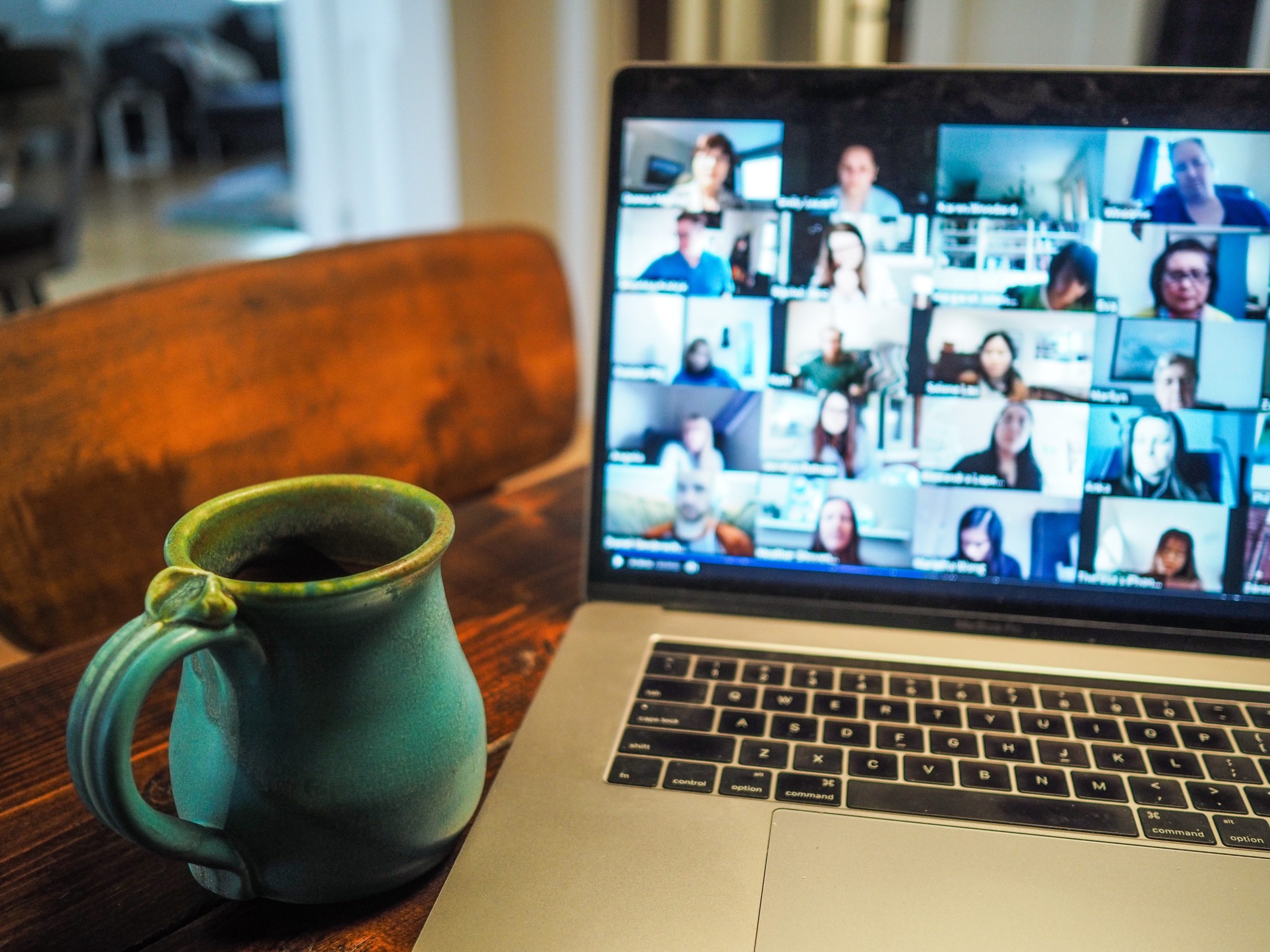Why doing more in less time doesn’t work
While re-reading an old James Baldwin essay in the New Yorker, I fell into a trance.
With each passing paragraph I felt my soul being recharged. And while most of this is to do with Baldwin’s incredible writing talent, there was something else at play: I was reading to absorb. Not to consume.
With our current cultural obsession with personal productivity and finding more and more ‘productive’ things to do, this was a rare moment.
I was reading with genuine interest and attention instead of speed reading to get to the ‘actionable takeaways’ promised at the beginning of a post.
And unlike after pouring through post after post online, I could have an engaging conversation with you about Baldwin’s thoughts.
“Enjoyment. Engagement. Genuine interest. How could consuming something so good feel so, well, unproductive?”
Being more productive (by being less productive)
You don’t need me to tell you how we’re in the age of information overload. Nearly every week, some new think piece is released, telling us the dangers of content over consumption (ironically giving us more to consume while telling us to consume less).
But as a creative working in the digital era, consuming articles, books, podcasts, videos, etc… is a necessity for my personal and professional growth. We need to do whatever we can to be at the top of our game, especially in the startup and tech world where there is so much competition.
This obsession with ‘doing more in less time’ has created what I like to call Productivity Culture.
Just look at the proliferation of titles like:
20 Books you Need to Read to be More Successful
The X Insanely Productive Morning Habits of [Name of Rich Entrepreneur]
Why [names of rich entrepreneurs] Owe Their Success to Reading 24 Books a Year
Media companies wouldn’t keep churning out ‘content’ like this if I was the only person who felt like my path to success depended on following the habits and routines of these grand entrepreneurs.
“Productivity Culture preys on our insecurities and assumptions that what worked for one person will work for us.”
Here’s a perfect example:
A while ago, I started reading 3 books a month—one literary nonfiction, one fiction, and one book about my craft.
And it made me feel incredible.
Now, I was part of that exclusive club of successful entrepreneurs. I had something to brag about with coworkers and friends. Plus, I’ve always just genuinely enjoyed reading.
Until I didn’t anymore.
Before this ‘productivity hack’ I’d always read for my own intellectual betterment, and more importantly, at a rate that was conducive to comprehension.
But with this new imposed productivity schedule, I felt like I was reading against the clock.
I have to finish this book by Wednesday if I want to read X number of books per month so I can say I can write a blog post about how I read X number of books this year.
Over time, I went from 3 books a month, to 2, to 1, to none.
Why are we pursuing another person’s version of success?
I hadn’t even considered if I wanted to be like those entrepreneurs whose routines I was adopting and whose books I was reading. I didn’t know if my definition of success aligned with theirs. Yet I continued to push myself towards their ideals.
After burning out on my reading schedule, I realized one important thing: We’re human beings, not companies in hyper-growth mode.
It makes sense that personal productivity culture fills startup/tech blogs and Twitter feeds. It’s the same industry where the job title ‘Growth Hacker’ exists (even though the definition is highly debated).
We celebrate growth that can be scaled in the startup world because a great company can’t be built on sporadic one hit wonders. But we’re human beings, not companies. And if you hack a company to growth and it fails, well you move onto the next one. The same can’t be said about our minds, our life, and our happiness.
“We forget that reading without intention is worthless.”
Saying that you read Dale Carnegie’s How to Win Friends and Influence People does you no good if you can’t hold a conversation about what it said afterwards.
I get it, comprehending information in a deep way isn’t sexy. Speed reading is sexy. And so we praise the highs and lows. We consume like mad and then disconnect from social media, work, and life to recharge.
But this isn’t sustainable. Maybe it’s not that we need to disconnect, maybe we need to reframe how we connect.
Instead of superficially consuming content all the time, we need to make more room for deeper comprehension.
Finding truly productive things to do
Thanks to that James Baldwin essay, I’ve realized some important lessons about how we consume content and keep ourselves in check.
First, it’s all about balance. Mindlessly ingesting content is no good for our minds or our souls. But not everything you read needs to be Baldwin-esque. What’s important is to find balance between the two.
Engaged reading is a workout for the brain, so give your mind a chance to recharge so that when you do read that Guide to Being More Productive in 4 Easy Steps, you actually take something away from it.
Speaking of taking something away from it, this only comes from reading with the right intention. Know what you want from a piece of content. Take notes. Write your own thoughts about it afterwards. Start a conversation about the topic. Ask your friends and colleagues to read and discuss.
Lastly, choose wisdom over knowledge. Productivity Culture teaches us to do more in less time, but really we should be learning just to do more with less. Wisdom allows us to take what we’ve learned and apply it to the world around us to make it a better place. Otherwise, we’re just learning random facts to regurgitate on command.
I’m not against having goals or self-improvement, but I do want to challenge the one-size-fits-all approach to Productivity Culture.
Always trying to do more in less time will lead to nothing but burnout.
So know your goals and find your own path. Don’t just assume what worked for others else will work for you. And ultimately, find ways to enjoy learning, to be productive about the right things, and to invest in wisdom not information.






